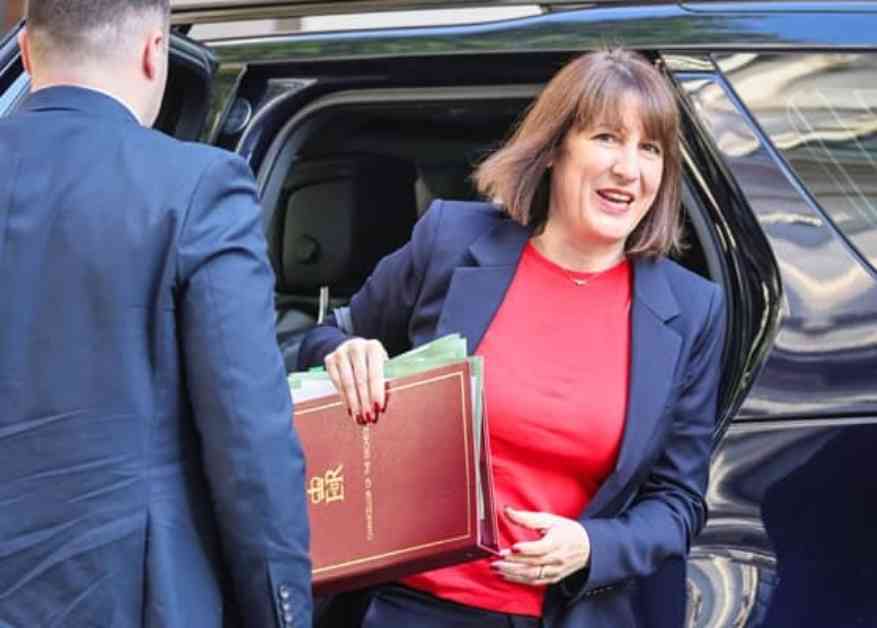Incentivizing UK Business Owners to Sell to Staff Could Generate £25 Billion Annually Until 2040
The Government could potentially generate up to £25 billion a year in tax revenue by encouraging UK business owners to sell to their employees rather than foreign buyers. This research comes from Price Bailey, a Top 30 firm of accountants, who have identified a significant opportunity for the UK to boost its public finances and promote a more meritocratic transfer of wealth through management buyouts (MBOs).
According to Price Bailey, there are approximately 17,000 UK businesses that could be suitable for a management buyout. This presents a substantial tax opportunity for the UK, estimated at £407 billion over 16 years. This translates to an annual tax revenue of £25 billion, which could effectively fill the current £22 billion “black hole” in the public finances.
The calculations made by Price Bailey are based on specific assumptions, including the composition of the acquiring management team (three individuals in their late 30s/early 40s) and the duration of their ownership before conducting another MBO, which is approximately 16 years.
The £407 billion tax opportunity for the UK Treasury is divided into three main components: capital gains tax paid by the original business owners on the sale (14% of the total), dividend taxes during the holding period that might otherwise go to foreign jurisdictions (44%), and capital gains tax on the future sale of the business (42%).
National Statistics indicate that there are an average of 1,640 business sales annually, with 42% of these sales going to foreign buyers. This leakage of potential tax revenue to other countries amounts to around £145 billion. By incentivizing more sales to UK buyers, the Government could capture a significant portion of this revenue without the need to raise tax rates or change tax bands.
Chand Chudasama, a Partner in the Strategic Corporate Finance Team at Price Bailey, emphasized the importance of encouraging UK business owners to prioritize their employees as potential buyers. He highlighted the benefits of MBOs, where younger individuals take over the business and aim for modest value growth over time, resulting in substantial financial gains for all parties involved.
Chudasama suggested that implementing tax incentives for qualifying MBOs could further boost tax revenues and cultivate a new generation of British business leaders. For example, providing a 10% capital gains tax rate on gains up to £10 million for qualifying MBOs could incentivize more business owners to sell to their employees.
To qualify for these tax incentives, certain criteria must be met, such as the MBO team putting capital at risk, buying at a fair value, having a minimum period of service as employees, operating within the UK tax regime, and maintaining the business in the UK.
MBOs are seen as a unifying tool that brings current business owners and future leaders together to promote entrepreneurship, increase tax revenues, and facilitate the transfer of wealth across generations. While it may not be feasible for all business sales to be to UK management teams, implementing the right incentives could significantly improve the current situation.
In conclusion, incentivizing UK business owners to sell to their employees through MBOs presents a lucrative opportunity for the Government to boost tax revenues, support British entrepreneurship, and foster the development of a new generation of business leaders. By providing the right incentives and implementing qualifying criteria, the UK could potentially generate £25 billion annually until 2040 through these transactions.












